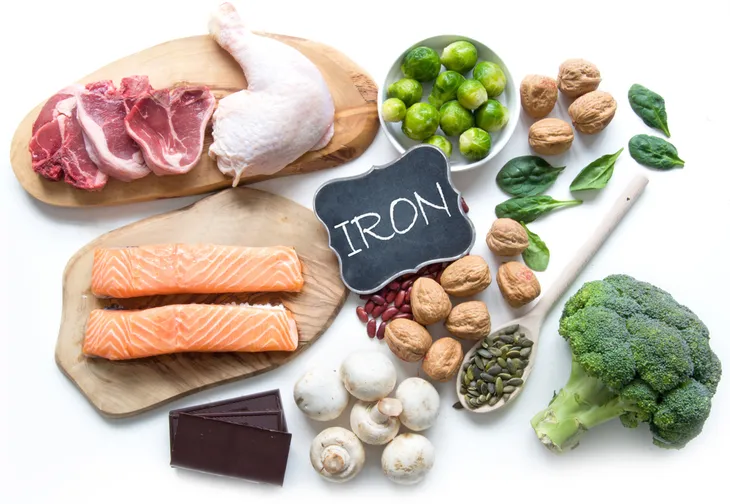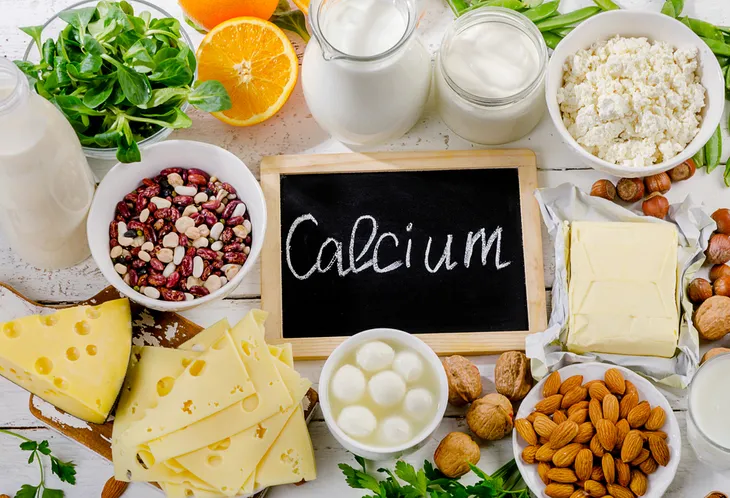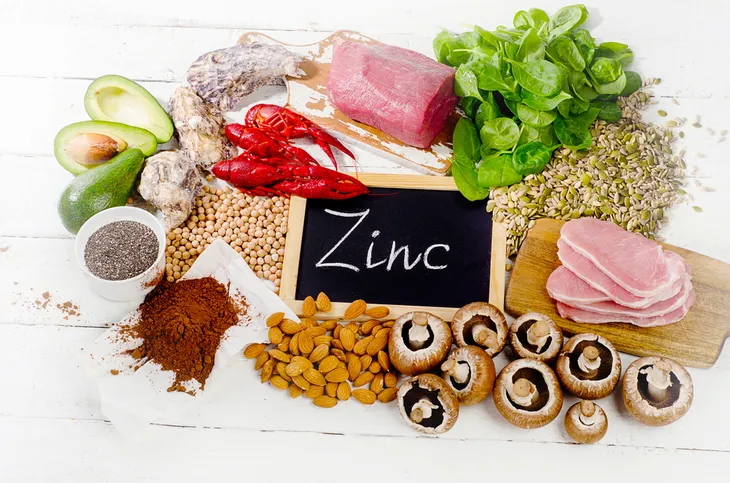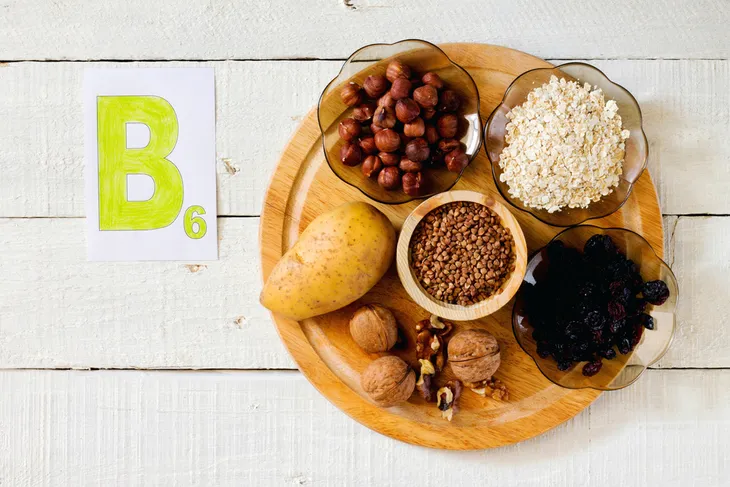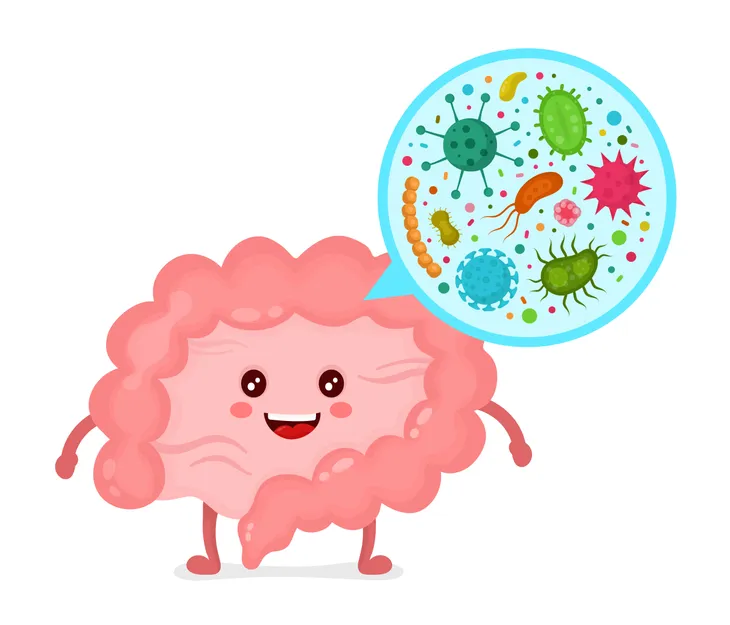Every expectant mom knows that a healthy diet is imperative for not only staying healthy, but for providing your baby with the vitamins and minerals needed for healthy growth.
Regardless of if you’re already pregnant or trying to conceive, popping daily prenatal vitamins can help keep you and baby healthy in various ways—by lessening instances of morning sickness and nausea during the first trimester, by filling in gaps in your diet, and by supporting your body from conception through to a healthy delivery.
Here are ten things you want in your prenatal vitamins…
Folic Acid
Seeking out a prenatal vitamin that delivers at least 400-micrograms of folic acid per day is imperative in the early stages of pregnancy to lessen the risk of neural tube defects of the brain and spinal cord—such as Spina Bifida—in newborn babies.
It’s also important to have prior to pregnancy because the neural tube is an early developing organ so you don’t want to miss the window of early pregnancy before you realize you are pregnant.
Iron
Particularly if you’re a vegetarian or anemic (low red blood cell count), a prenatal vitamin containing at least 30-milligrams of iron is necessary for the growth of your baby and the development of healthy blood cells (oxygen delivery to tissues).
Calcium
Pregnant women should also be conscious of calcium intake (at least 1,000-milligrams per day). This vital nutrient supports healthy bones (yours as well as those of your growing baby) and can provide extra nutrients if you’re lactose of casein intolerant or don’t consume adequate amounts of milk, yogurt, almonds, or dark leafy greens.
Zinc
A low birth weight can put your newborn at risk for all sorts of health issues—such as respiratory and digestive system conditions. That’s why adequate levels of zinc (15 or more milligrams per day) in your prenatal vitamin are recommended for a healthy weight delivery.
Vitamin C
With all that iron you’re taking; you’ll need vitamin C for absorption. Look for a prenatal vitamin that provides at least 70 to 100-milligrams a day to keep immunity strong (in order to ward off infection), to encourage collagen, cartilage, bones, tendon, and skin development, and to support baby’s mental growth.
Vitamin B-12
If you’re attempting to get pregnant, vitamin-B12 increases fertility; while lowering the risk of miscarriage and preterm births. A prenatal vitamin with B12 will also support your baby’s neurological (nervous system) growth.
Vitamin D
Human beings are prone to vitamin D deficiency. Vitamin D production is aided by sunlight, and when you’re pregnant, vitamin D supports fetal and bone growth, as well as calcium absorption. Just be sure to get a vitamin that contains at least 400 international units (IU or UI) and get out in the sun daily.
DHA
Docosahexaenoic acid (or DHA) is an essential fatty acid from fish oils. It’s required for the healthy brain development of you and your baby—preventing learning disorders, mental difficulties, and promoting intelligence. Look for a prenatal vitamin with at least 600-milligrams of DHA or supplement with a high-quality fish oil that’s been stripped of all heavy metals and toxins.
Vitamin B-6
Nasty bouts of morning sickness can often plague moms-to-be during the first trimester. The good news is that 10 to 25-mg of vitamin B6 three times a day has been linked to reducing pregnancy nausea—likely due to the fact that B6 encourages the production of amino acid proteins. Studies have also found that women with low B6 tend to suffer severe morning sickness more than those with higher levels.
Prebiotics
Good bacteria (or prebiotics) are a wise addition to your prenatal supplementation routine. If you’re trying to conceive, prebiotics support fertility, lower the risk of miscarriage, lessen postnatal depression, and support the digestive and immune health of you and baby too.


